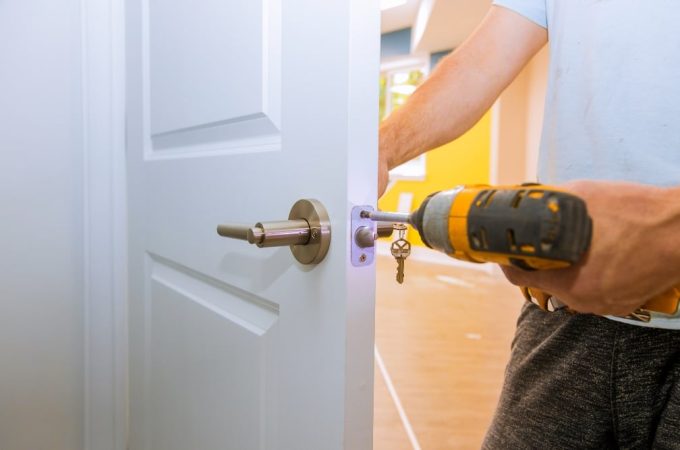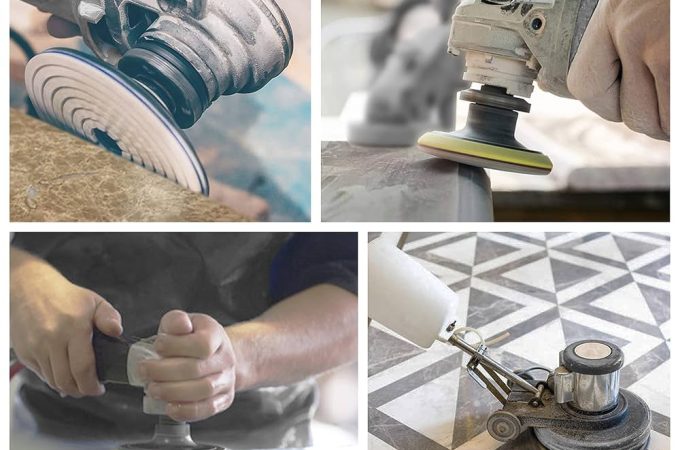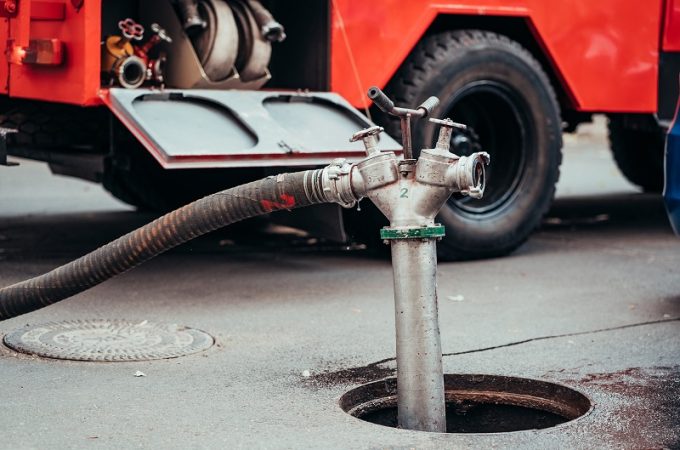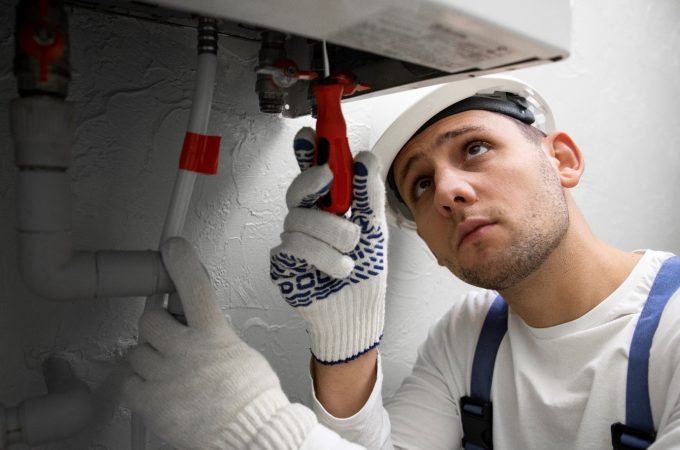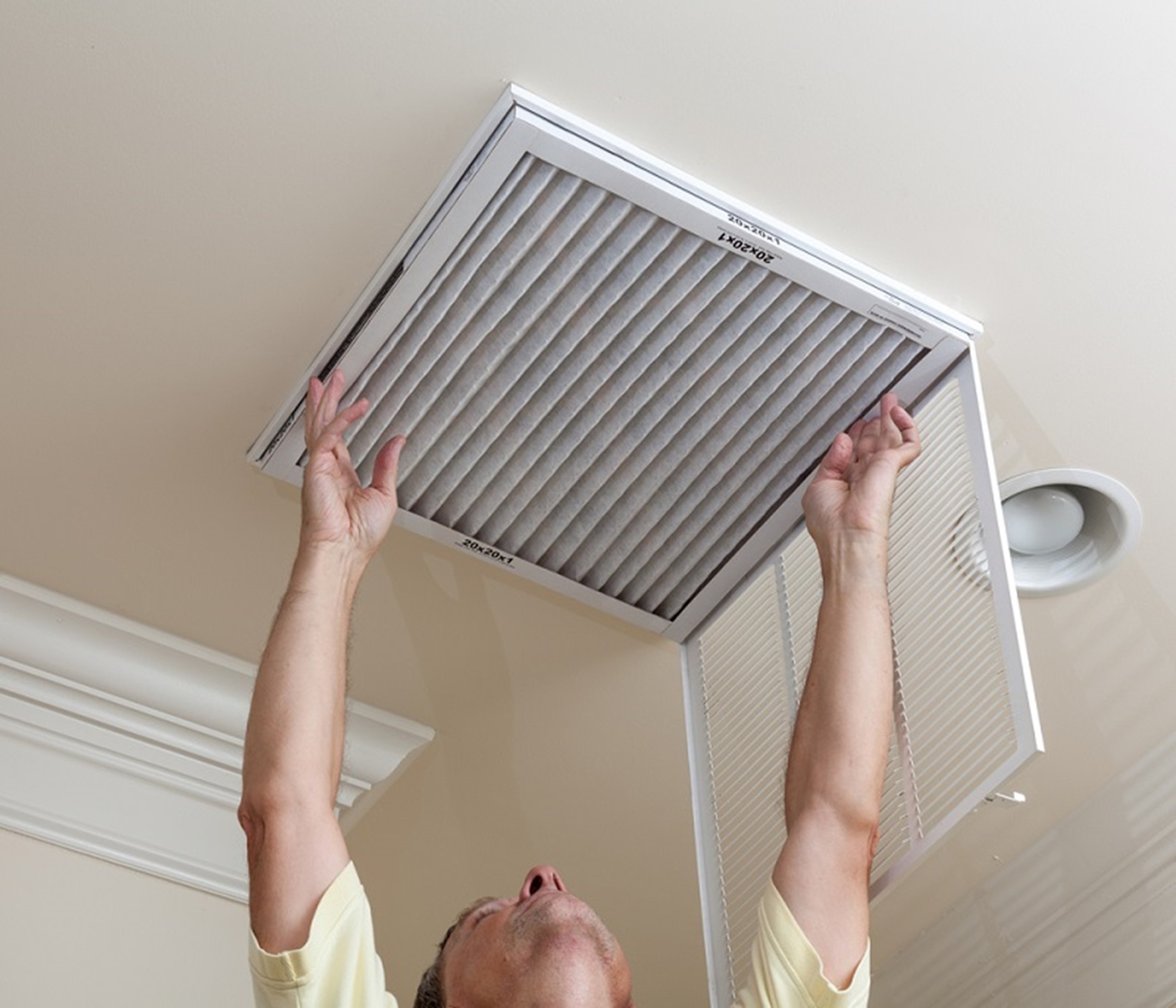
Tips For Maintaining Your Hydronic Heater
If you are one of those lucky people who get to live in the cold regions throughout the year, then you must be aware of the necessity of a hydronic heating system. Even if you can easily afford one in your area and take a step to keep your ambiance warm and cozy, the hydronic heating maintenance can come a bit hard on your pockets. Before everything, let’s get into the in-depth knowledge first.
Hydronic heating can spread warm air evenly since it doesn’t change the internal air pressure, unlike typical heaters and air warming unit systems that typically cause it to rise to the highest point of your home.
The heart of any hydronic heating element is your boiler. Every 1-2 years, you should have your boiler serviced by a Hunt Heating expert to ensure it is always running as efficiently as possible; hence, hydronic heating maintenance is essential.
Professionals, Or Can You Do It Too?
Hiring professionals reduces the strain on homeowners who know hydronic heating maintenance. Professional hydronic heating contractors could use the knowledge and training to inspect systems because they have both. So, homeowners should plan regular checks with recognized and licensed professionals for hydronic heating maintenance for overall comfort and efficiency.
For instance, routine boiler maintenance prevents a lot of potential issues. Also, it stops minor problems from getting out of hand, which can quickly happen when growing issues are ignored or disregarded. Customers can benefit from cost savings and ongoing peace of mind.
How Can You Help?
Homeowners can participate directly in their maintenance tasks in addition to getting expert assistance with it. As everyone has various talents, it is recommended that you seek professional advice if you need more clarification. Here is a summary of some action’s homeowners can take to approach hydronic heating maintenance proactively:
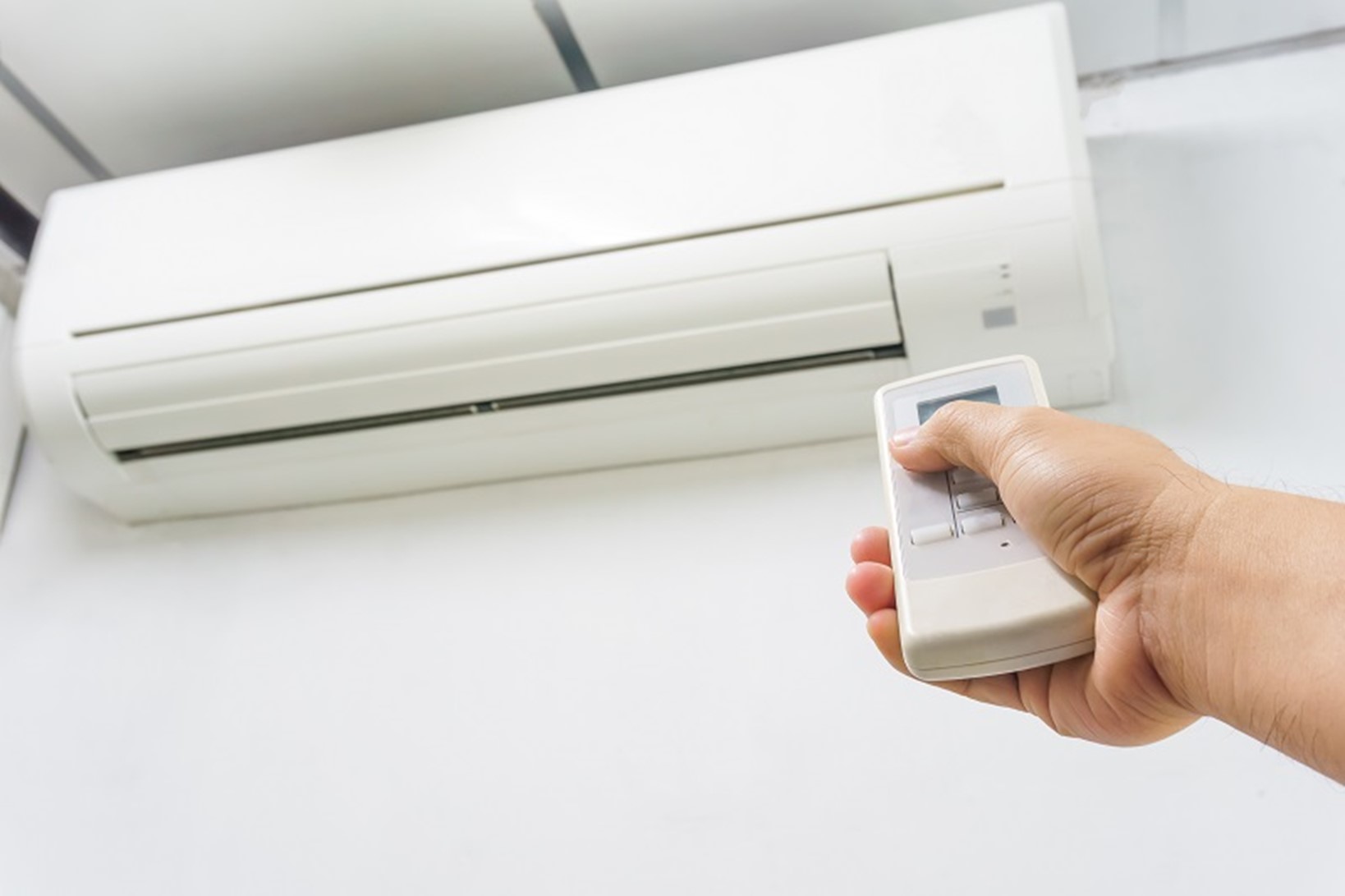
- Be alert and keep an eye out for any indications of problems.
- Establish a monthly system review as a routine.
- Inspect the boiler or furnace for rust or symptoms of developing calcium deposits. Most significant boiler faults are caused by negligence.
- Check the water levels in the system frequently. Boilers won’t be able to handle the heat they generate if the water level falls too low. Ensure that the boiler has always supplied the correct amount of water.
- Removing calcium and rust deposits with baking soda and vinegar. You can also use other authorized cleaners and a mild cleaning implement.
- Those with greater experience working with hydronic heaters can drain the boilers and top off the oil in their pump motors for better circulation.
Maintaining The Water Level-
A hydronic system uses a negligible quantity of water to function. Unfortunately, homeowners frequently need to pay more attention to determining whether the liquid is at the proper level.
If the hydronic system doesn’t have enough water, turning it on could harm the boiler. To avoid damage, you must check to verify if the water level meets the mark before turning on the boiler.
If the water levels are excessive, your boiler may have to work twice as hard to produce the same amount of heat as if it were too low. Call a professional to check for hydronic heating maintenance if you find that your level of water is dropping quickly.
Hydronic Heaters Bleed!
If the top of your radiators is cooler than the bottom, the air is probably caught in the system. So, you must “bleed” the radiators to let the air out. If you do, the machine will operate better because more stress will be placed on it.
Before bleeding the radiators, turn off the heat and insert the key into the bleed gate. You should notice a hissing noise when the air escapes if you turn the key, 1/4 turn anticlockwise. Lock the valve once the water drops and the problem is solved. This is an easy way for hydronic heating maintenance.
Conclusion-
When you start getting more involved with system maintenance, you’ll soon discover that you can do other crucial things to help yourself. The ways to learn more about your home’s warm water heating system, including general hydronic heating maintenance are required.
Just monitoring how your system works will teach you a lot. It would be best if you watched it to learn more about its typical sounds, key components, etc. There is a variety of useful information available online. If you’re interested in learning more, you can browse the internet.
Owner’s manuals are often provided to customers when the hydronic heating units are set up. Becoming familiar with this guidebook is a very wise decision.


